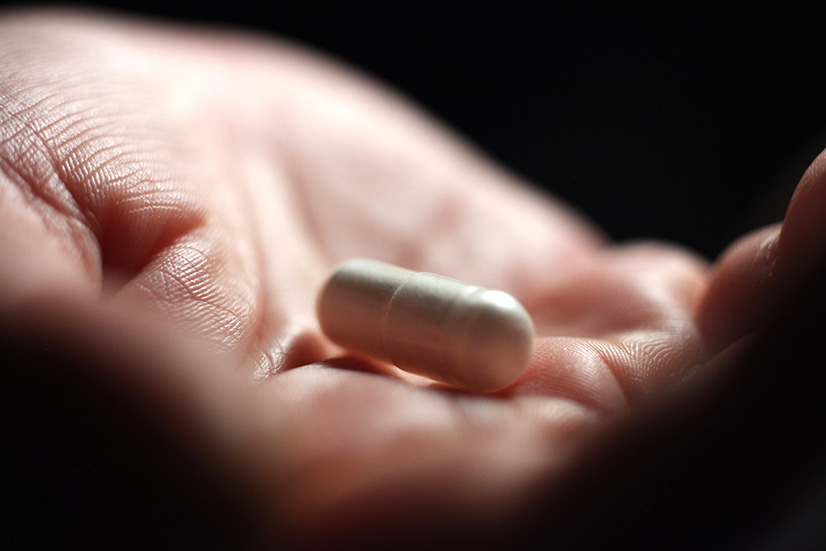
By Ben De Loenen
For many years we have witnessed the devastating impact of the war on drugs on society and its citizens: Men and women being judged, stigmatized and incarcerated for putting a particular substance in their bodies. People being deprived from their basic human rights, separated from family or children, tortured and killed in the name of the drug war.
But drug prohibitionism is also depriving society from access to essential medicines and special tools: Tools that allow people to overcome life hurdles, break destructive behavioral patterns. Tools that help people regain purpose in life, find reconciliation with all that seems impossible to accept. Tools that help integrate the loss of a loved one and the reality of death and dying. Tools that transcend individualism and deepen the connection with one’s family, community, humanity as a whole and planet earth.
For centuries and even millennia, indigenous cultures understood that consciousness expansion is a vital aspect of human life. They understood that the plant kingdom hosts special species that are allies in achieving and maintaining healthy development. Their societies mastered complex ceremonial practices that offer a container for such profound experiences.
However, in our globalized society it is the same moralistic, intolerant, racist and fear driven war on drugs that is depriving us from the benefits of these consciousness expanding plants materials. In times where mental health issues and social disorder is on the rise, it is vital to deepen our understanding of the role these change-agents can play in our current, changing drug policy environment and health system.
Iboga is one of these plants, used for millennia in Central West Africa by the Pygmies and Bwiti culture, an experimental prescription medication in New Zealand, but Schedule I in the US and a range of other countries.
Although its reputation has carried some controversy, scientific research is increasingly supporting its uniqueness in dealing with problematic drug use and other forms of compulsive, addictive behavior. Light is being shed on the risks involved in its utilization and how they can be safely managed in addition to other therapeutic interventions. And the innovation in the field of understanding addictive behavior and problematic drug use is increasingly reinforcing the need for re-defining the role of ibogaine in this changing framework.
Join us for the Global Ibogaine Conference, 2016 in Tepoztlan, Mexico from March 14-16, to learn from the worlds experts and participate in what will be a refreshing and innovative cross-disciplinary dialogue about ibogaine and its role as a multi-faceted therapeutic tool in the changing drug policy world.
